Can the US and China get past the balloon saga?
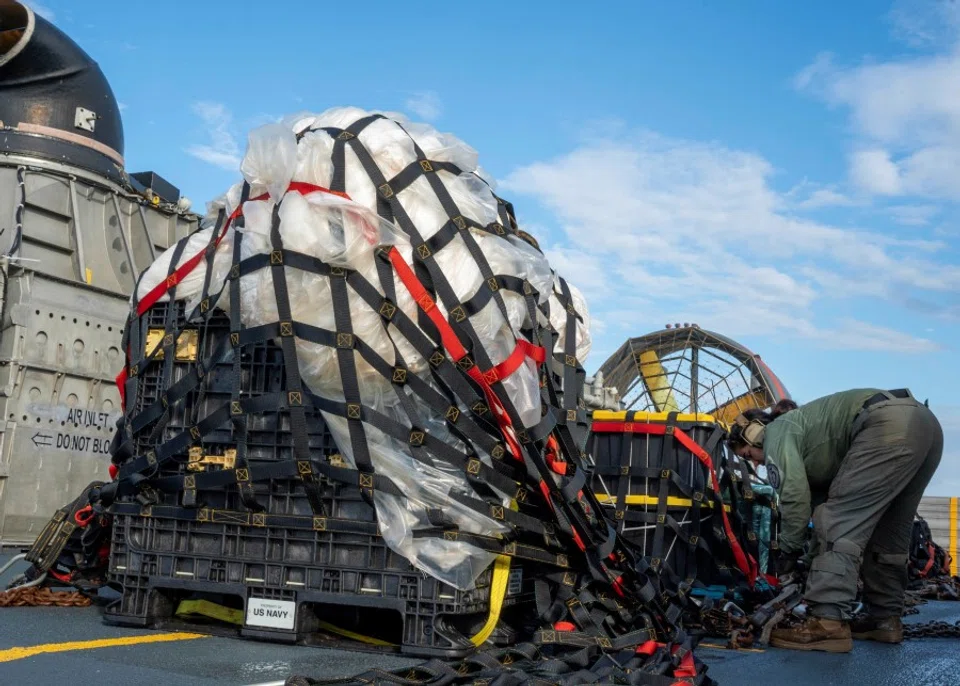
On 14 February, China's top diplomat Wang Yi kicked off his visit to Europe, which includes France, Italy, Hungary and Russia, as well as the Munich Security Conference in Germany.
Besides China's relations with Europe and interactions with Russia as the war in Ukraine enters its second year, it is worth noting whether top diplomats from China and the US will meet face-to-face in Munich, rather than in Beijing as originally planned, following the balloon incident.
Diplomatic row
This month, China and the US have been at odds over a Chinese balloon that floated into US airspace, derailing a planned visit to China by US Secretary of State Antony Blinken, and sparking a fresh round of diplomatic tussling.
On 4 February, the US deployed fighter aircraft to shoot down the "spy balloon", while over the following week, the US government, Congress and military have been busy with follow-up actions.
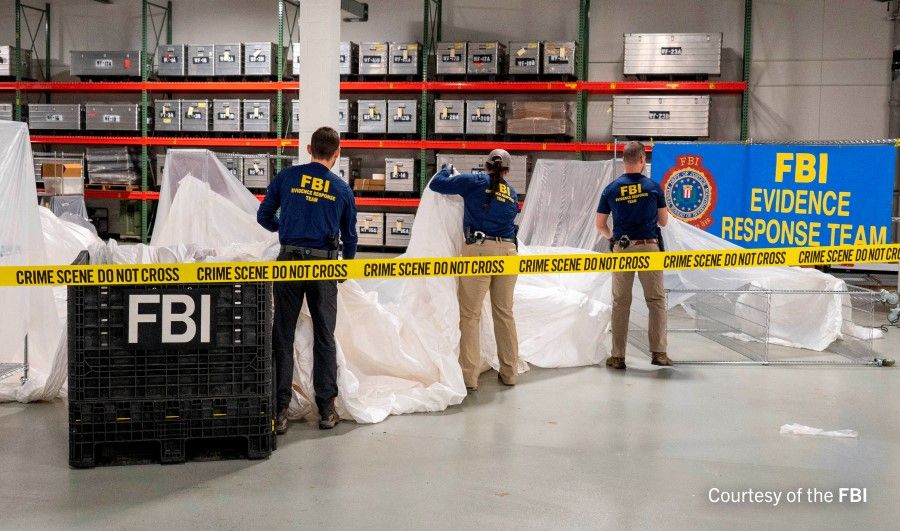
While the military recovered the balloon from the sea and started analysing it, the heavily divided partisan US House of Representatives unanimously backed a resolution condemning the incursion of the balloon into US airspace, urging the Biden administration to act decisively to prevent foreign aerial surveillance platforms from trying to gather intelligence in US airspace. The following day, the US Department of Commerce added six Chinese entities producing balloons and airships equipment to its export blacklist.
"The US has much bigger fish to fry with the Chinese than a surveillance balloon." - Daniel Russel, former Obama administration official
Suddenly, the North American skies are no longer peaceful. Since the Chinese balloon was detected, the US and Canadian military have been on high alert, shooting down another three unidentified flying objects of unknown source and function last week.
The war of words between China and the US has not abated and is even worsening. On 13 February, Beijing said, "It is the United States that is the world's biggest spy power," adding that since last year, the US's high-altitude balloons have made more than ten illegal flights into Chinese airspace without China's approval. However, the US National Security Council spokesperson Adrienne Watson immediately denied this.
How will this diplomatic row over the balloon end?
Bigger fish to fry
Following the cancellation of Blinken's trip to China, Daniel Russel, former assistant state secretary for East Asian and Pacific affairs during the Obama administration, said that there is no strategic reason for doing so. He added, "The US has much bigger fish to fry with the Chinese than a surveillance balloon."
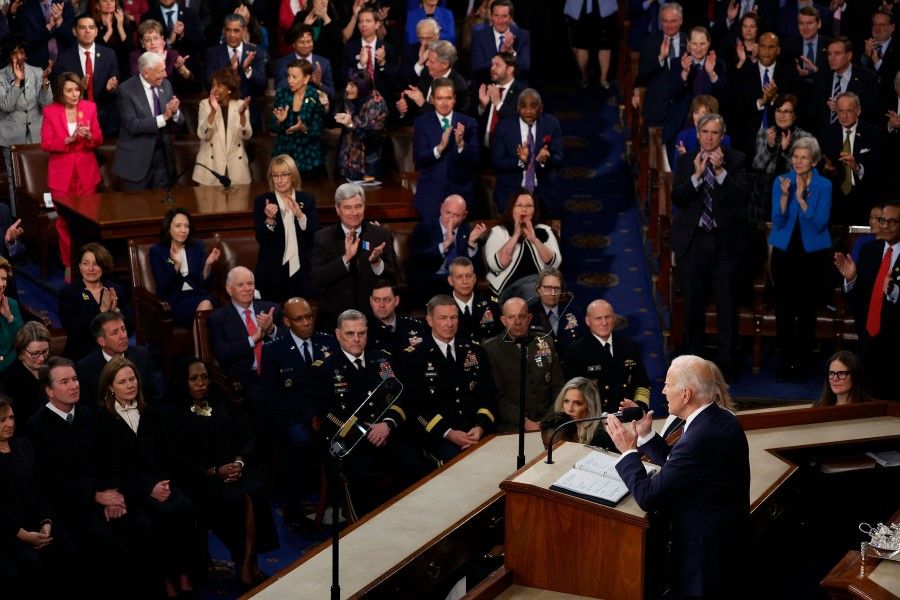
Indeed, this is true. While the balloon did intrude on US airspace, its actual impact does not merit overtaking other issues between China and the US.
Given that the US military did not immediately react after detecting the balloon in Alaska airspace in late January, the Biden administration clearly did not intend to blow up the matter. Unfortunately, the balloon became visible as it got lower, and the Biden administration could no longer quietly handle the balloon affair due to US public sentiment as well as the political environment with both parties united in their tough stance towards China.
... if the balloon incident continues to be sensationalised, China-US relations will inevitably be trapped in a vicious cycle.
While the Chinese government will have no difficulty in controlling and balancing all sides under a highly centralised political environment, they still face public opinion pressure. Besides, the US's polarised political environment is also a stumbling block in dealing with China-US relations.
With public opinion pressure on one side and the clamouring of lawmakers and the media on the other, Chinese and US leaders had to display a strong stance and drive their own rhetoric after the balloon saga blew up. Although both sides are clear that they would have to "put up" an adamant front about their narratives, if an opportune time to end the row is overlooked or does not present itself altogether, the situation will not end well.
Indeed, if the balloon incident continues to be sensationalised, China-US relations will inevitably be trapped in a vicious cycle. Beijing has also recently displayed a tougher stance on the situation; both sides are locked in a sparring contest, and there is no room to retreat.
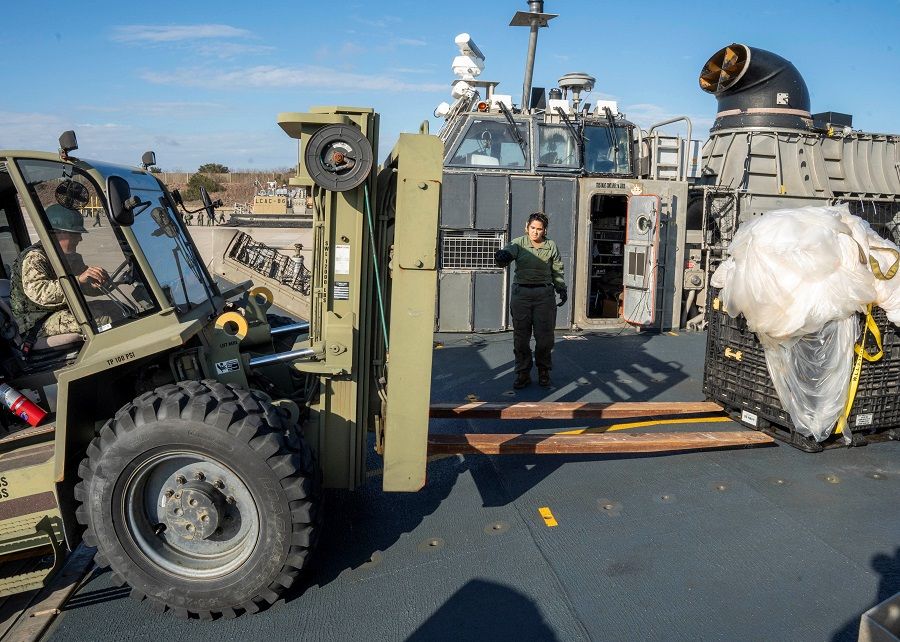
Just as Russel has said, the US has "much bigger fish to fry" with the Chinese than a balloon, such as the Taiwan issue, economic and trade disputes, and technological decoupling. At the same time, both sides must also build guardrails, prevent accidental conflicts, and work on cooperating in climate change and other major regional issues.
Avoiding all-out confrontation
In fact, both Beijing and Washington are willing to maintain the sparring while avoiding an all-out confrontation. Although the Chinese defence ministry rejected the Pentagon's request for a call between the defence ministers of both countries after the balloon shootdown, US officials revealed on 12 February that contact has been made with China over the balloon. This signals that to a certain extent, neither Washington nor Beijing wants bilateral relations to completely fall apart because of the balloon. This is conducive to turning the page on the balloon incident.
Some optimists also believe that while China and the US appear to be engaged in a war of words over the balloon saga, there is still another force keeping China-US relations in check.
American enterprises, especially those that have long been doing business with China, do not want to see China-US relations fall apart.
Just as US Congress members and public opinion slammed the Biden administration for being weak towards China, prompting the postponement of Blinken's China visit, The Wall Street Journal revealed that some executives from multinational companies are planning to set foot in China again given the country's reopening. Among them, Apple CEO Tim Cook and Pfizer CEO Albert Bourla are weighing a visit to China next month.
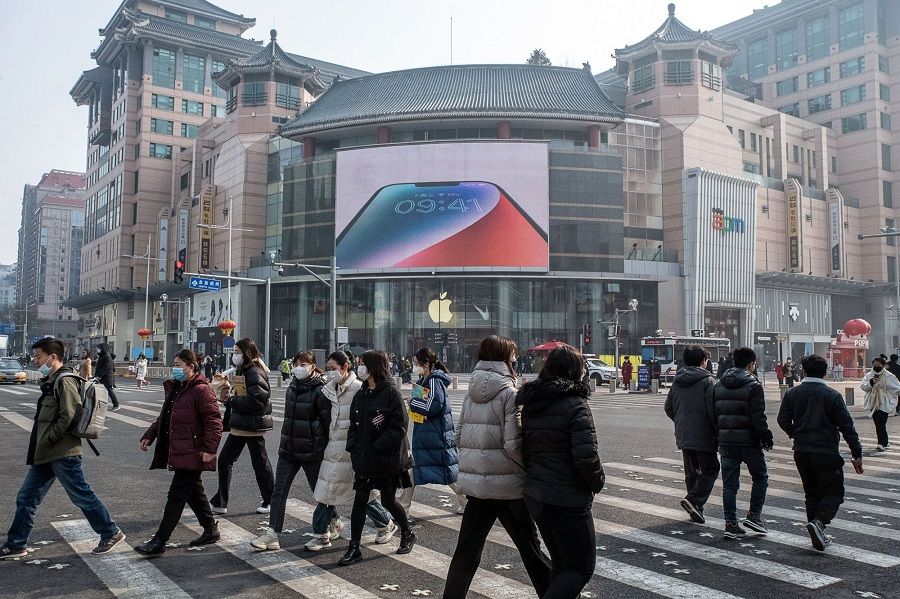
Although economic and trade relations were previously the ballast in China-US relations, their influence has weakened in the wake of the trade war. Notwithstanding, China-US relations certainly extend beyond diplomatic and political rivalry and involve intimate economic and trade ties.
American enterprises, especially those that have long been doing business with China, do not want to see China-US relations fall apart. Although these enterprises are not as politically influential as US Congress members or American public opinion, they cannot be underestimated.
On the eve of Wang's Europe visit, US officials said that Blinken is considering a meeting with Wang at the Munich Security Conference. Although both China and the US have yet to confirm the news, if their top diplomats are able to meet at the conference, some degree of communication can be achieved and the balloon incident could be discussed at the very least. Even if the balloon incident cannot be smoothed over, rising China-US tensions over the matter could still be eased.
This article was first published in Lianhe Zaobao as "中美气球事件能否在慕尼黑翻篇?".
